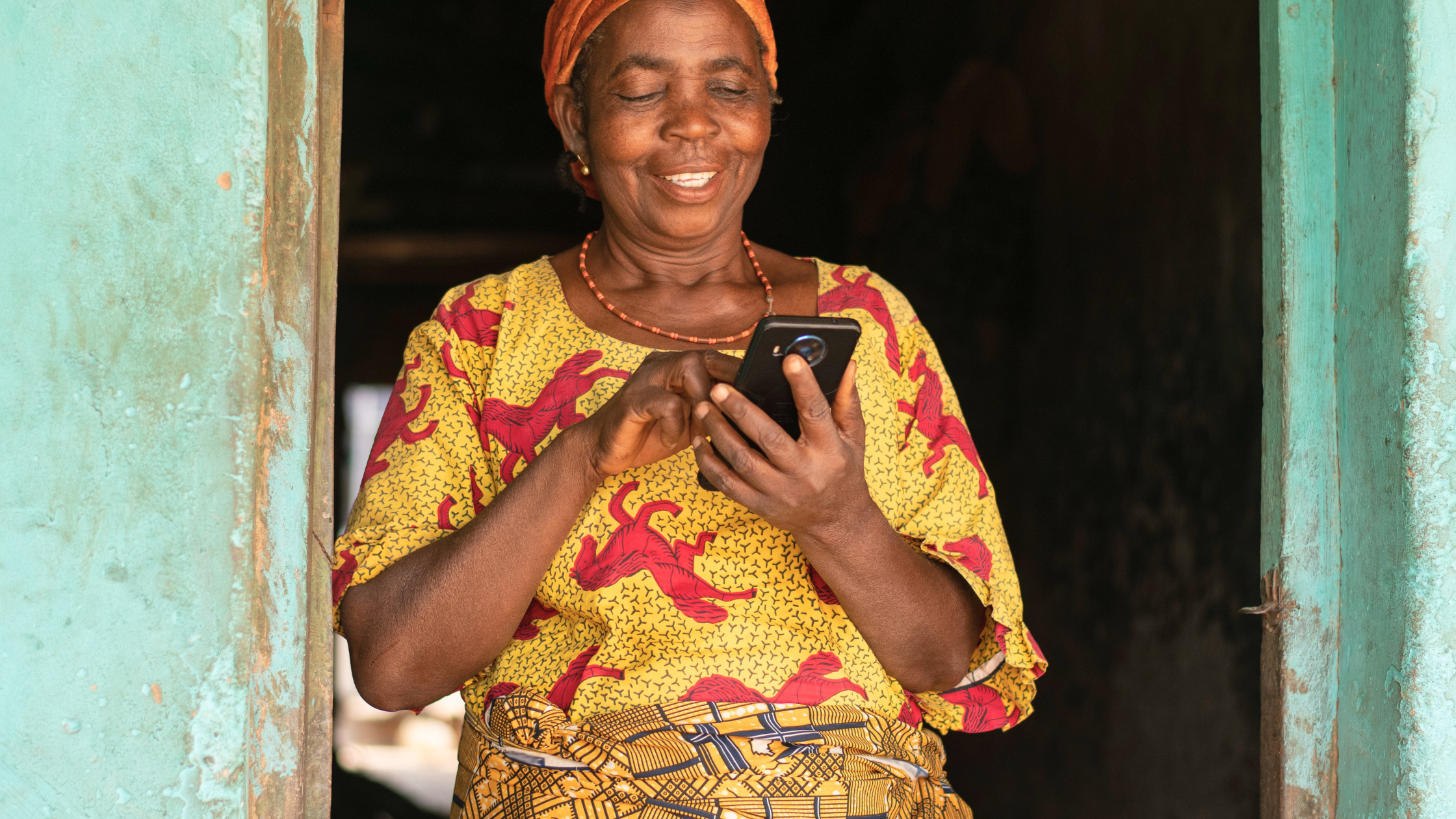Presentation Title: The border between modernism, feminism and tradition: case of the « Todjom purge » among the Bandjoun people in West Cameroon.
Can you tell us about your research field and why you chose this area?
My passion lies deeply rooted in my culture, history, and language. Opting for the field of culture and gender, my goal is to deepen my comprehension of my heritage and to illuminate the richness of African culture and history to a broader audience through my work. I have been captivated by this specific topic due to my observations while growing up—witnessing individuals rejecting their own cultural practices, customs, and traditions, often citing emancipation as their rationale. As an aspiring researcher, I am driven to unravel the motivations behind this resistance. To me, tradition embodies the very essence of an individual.
What does the Young African Scholars Symposium mean to you, and why did you decide to apply? What are your expectations for this event?This presents a rare and unique moment for me to explore fresh perspectives and collaborate with exceptional minds from diverse disciplinary backgrounds. I also view this Symposium as an opportunity to contribute, albeit modestly, to the advancement and acknowledgment of African knowledge and researchers. Lastly, I anticipate that the symposium will not only offer me practical knowledge but also serve as a platform for me to glean insights from fellow scholars.
What challenges do you face as a Young Researcher in Africa, both in your specific field and in general?Throughout my academic endeavors, I have consistently exhibited reluctance in incorporating citations from African researchers into my diverse research undertakings added to the fact that been a women mean to work harder to in order be recognize.
How do you think the Symposium for Young African Researchers can help address some of these challenges? What solutions or opportunities do you think it could provide for Young Researchers like you?
The Young African Scholars Symposium offers a priceless opportunity for young African researchers. It features a mentorship program where mentees like myself can glean insights from seasoned researchers, pushing us to surpass our own boundaries and venture into new territories. Moreover, the symposium serves as a platform for young African scholars to actively contribute to the enrichment of African knowledge. Each presentation reflects the cultural background of the speaker, adding depth and diversity to the discourse. Additionally, it provides me with an excellent opportunity to promote the culture of my country and community.
What are your prospects in your research field and as a young researcher in Africa?
This Symposium for young African scholars marks my initial implication into the realm of scientific research, signifying my aspiration to contribute to engage in the generation of African scientific knowledge through my work.
Can you give us an overview of your presentation during the Symposium and explain why attendees should come to listen to you? What do you hope to convey or share with them?
Traditionally, customs were revered as sacrosanct, with adherence considered obligatory. However, contemporary times have witnessed a notable influence of Westernization on African traditions. Considering cultural evolution, the question arises: should we allow Westernization to dictate the transformation of our cultural heritage?
My aim is to captivate the African audience by celebrating the allure of our cultural heritage through storytelling. I seek to highlight the importance of active participation in preserving this legacy, particularly emphasizing the pivotal role of women in its oral transmission.


